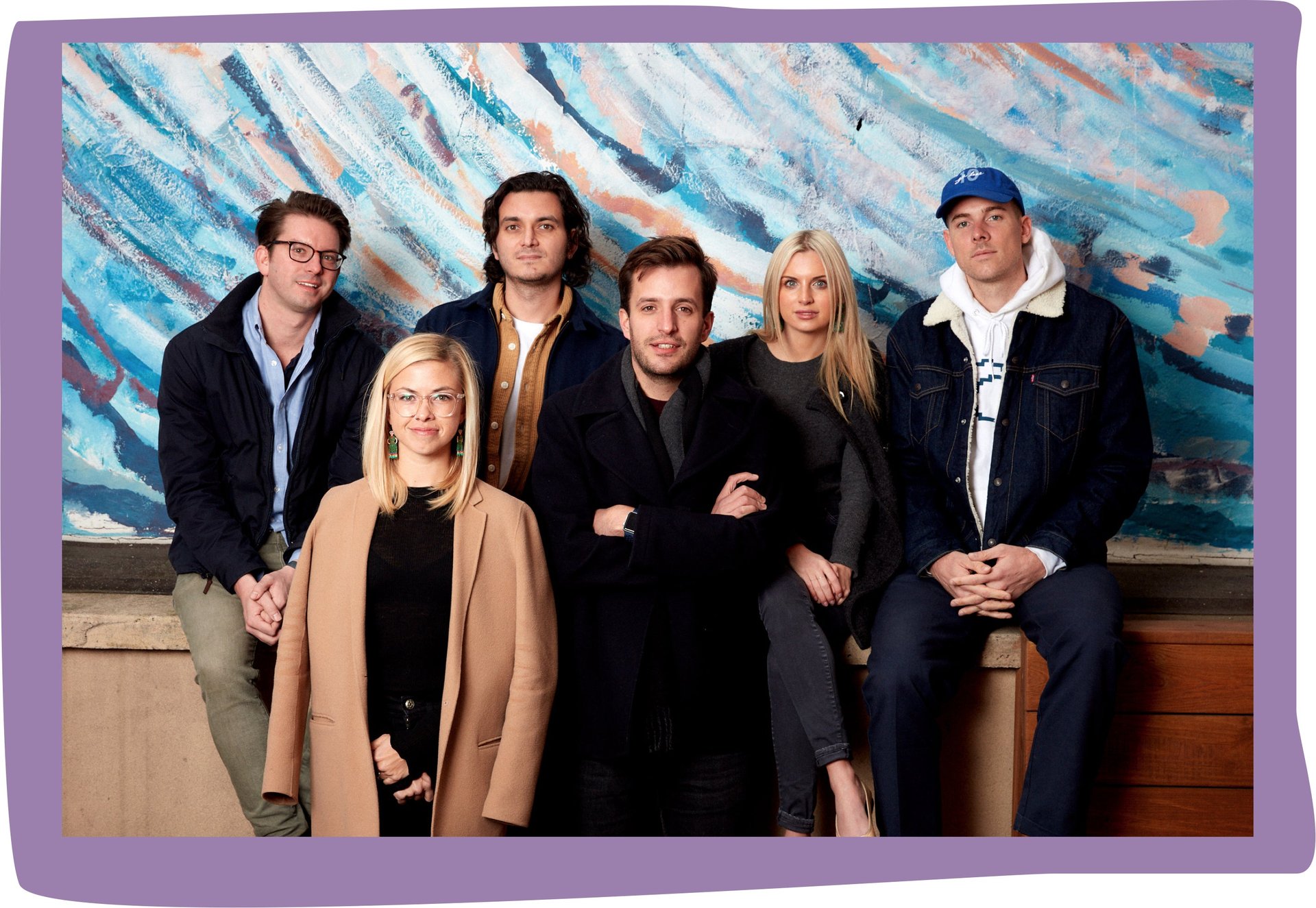These millennials were so burned out, they’re building a startup to combat burnout
From “always on” culture to everyday sad desk lunches, current workplace conditions have made burnout a hot topic. In a 2018 Gallup study of about 7,000 full-time workers, 23% reported feeling burnout at work very often or always, while 44% said they felt it some of the time. It also found that burned-out employees were more likely to take a sick day or to be looking for another job, while the World Health Organization this year recognized burnout as an official medical diagnosis.


From “always on” culture to everyday sad desk lunches, current workplace conditions have made burnout a hot topic. In a 2018 Gallup study of about 7,000 full-time workers, 23% reported feeling burnout at work very often or always, while 44% said they felt it some of the time. It also found that burned-out employees were more likely to take a sick day or to be looking for another job, while the World Health Organization this year recognized burnout as an official medical diagnosis.
As the largest generation in the US labor force, millennials are feeling the brunt. In her viral BuzzFeed piece “How Millennials Became the Burnout Generation,” Anne Helen Petersen wisely observed that work-life balance has, for many of us, become basically nonexistent, making seemingly minor tasks such as taking out the trash feel impossible.
And in a sign that we have perhaps reached peak burnout, a group of young entrepreneurs in New York City has pivoted from helping buzzy brands like Sweetgreen and Hims to build brands of their own—brands that offer products and services designed to help people combat burnout and work-related stress.
Started in early August, Pattern Brands is a consumer startup that says it has already raised $14 million from the likes of Kleiner Perkins, Primary Venture Partners, and RRE Ventures. In addition to raising awareness about the effects of workplace burnout, the company’s ambitious goal is to help people shift how they spend their leisure time outside of office hours. Co-founder Nicholas Ling describes Pattern’s first brand, Equal Parts, coming this autumn, as a combination of high-quality kitchenware and “guidance” such as online and in-person coaching.
The idea for the startup came from founders who were, aptly, feeling burned out themselves. Before Pattern, co-founders Ling and Emmett Shine were running brand agency Gin Lane, which helped launch 50 companies including Smile Direct Club, Harry’s, Sweetgreen, and Hims. Typical of entrepreneurs, Ling and Shine were working long hours and going home feeling exhausted. So were their two dozen or so employees. The founders began to wonder how they could better support one another and promote a more supportive company culture.
They started having informal conversations with their employees and began to open up to one another about what they were going through and how they were combatting their fatigue, sharing tips such as cooking a meal at the end of a tough day or going on a long walk.
In conducting hundreds of consumer interviews for the brands they worked with, Ling and Shine also noticed that what they were experiencing mirrored the experiences of countless others. So, in 2017, they decided to relaunch their company as one that would respond to their needs and the needs of others.
“The first conversations around this weren’t around a white board, they were more around having food or going for a walk,” says Ling. Eventually, Gin Lane closed, and Pattern Brands was born.
Ling and his co-founders want to give workers options for living a more balanced life—not just logging in long hours at the office only to come home and scroll mindlessly on social media, trying to “curate a second life,” as Ling describes it. Beyond just selling a product, Ling and his co-founders say they want to make it easier for people to learn things, and for it to be an enjoyable experience.
Of course, a big obstacle for Pattern will be getting its affluent target customers to change some of their die-hard habits.
Another approach
A startup built for the purpose of taking on burnout is new, but there are endless approaches to tackling the effects of burnout—many which are are free, says Mohanbir Sawhney, a professor of marketing at Northwestern University’s Kellogg School of Management. He cites dieting and exercising as examples of building healthier habits outside of work.
There also are low-cost ways for employers also to help workers combat their fatigue. Chief among them is to simply create more meaningful relationships, says Anat Lechner, an associate professor at New York University Stern School of Business, whose research focuses on innovative organizations. Indeed, studies show that employees respond well not only to financial incentives but also to recognition and support of their work.
But what Pattern has going for itself, as a commercial concern, is the opportunity to tap into an entire burned-out generation. Realizing now what it feels like to be burned out, millions of millennial workers are seeking new ways to combat their workplace fatigue, from using mindfulness apps to joining cult-like, feel-good workout classes.
The widespread quest for better balance, health, and inner peace has helped give rise to a $4 trillion wellness market. If Pattern is influenced by what millennials want in a product or brand, it could not have found a better time to go after burnout.